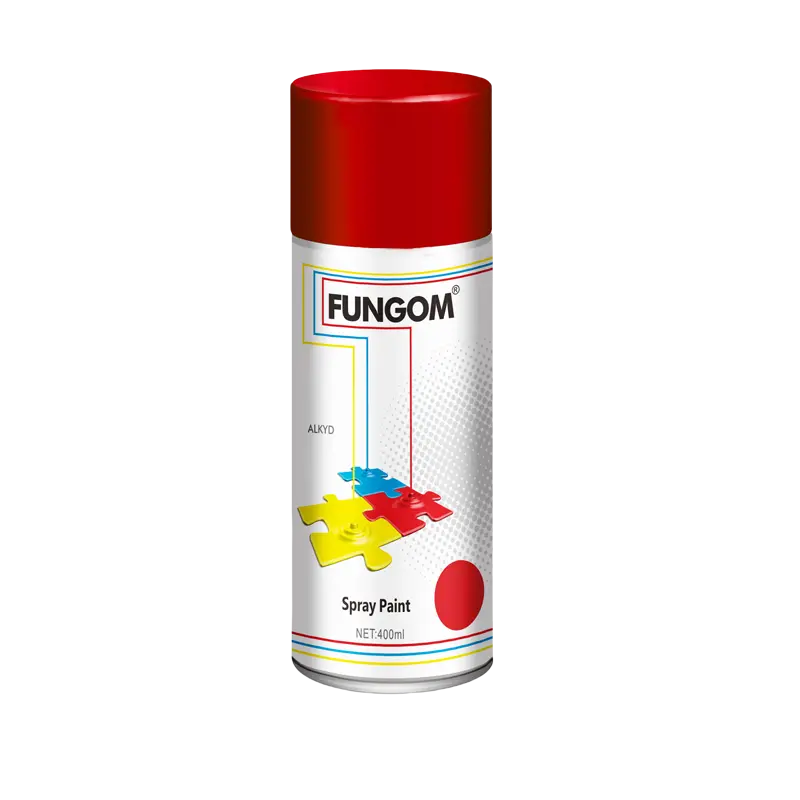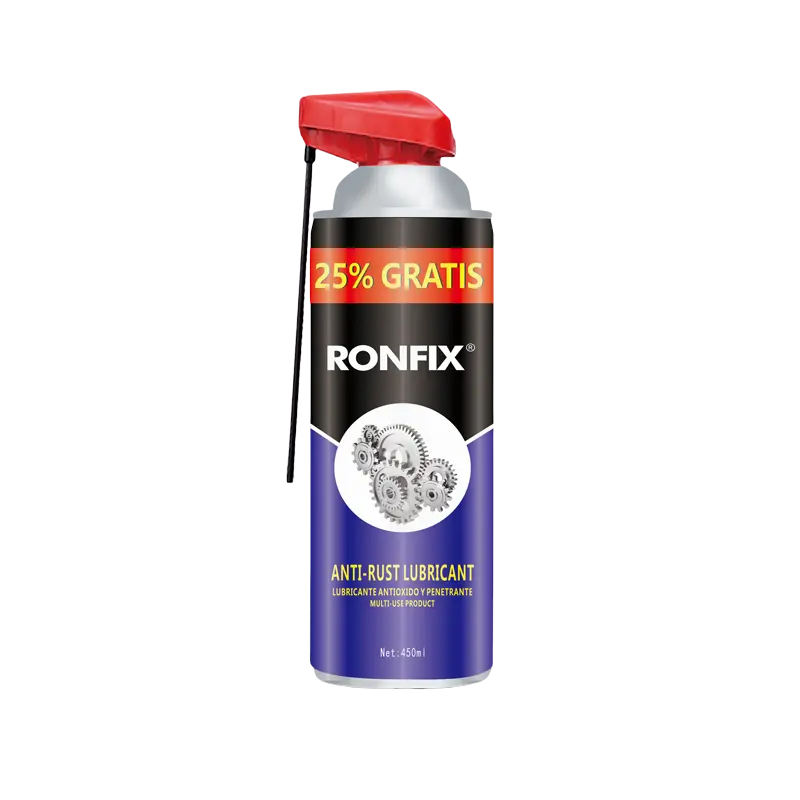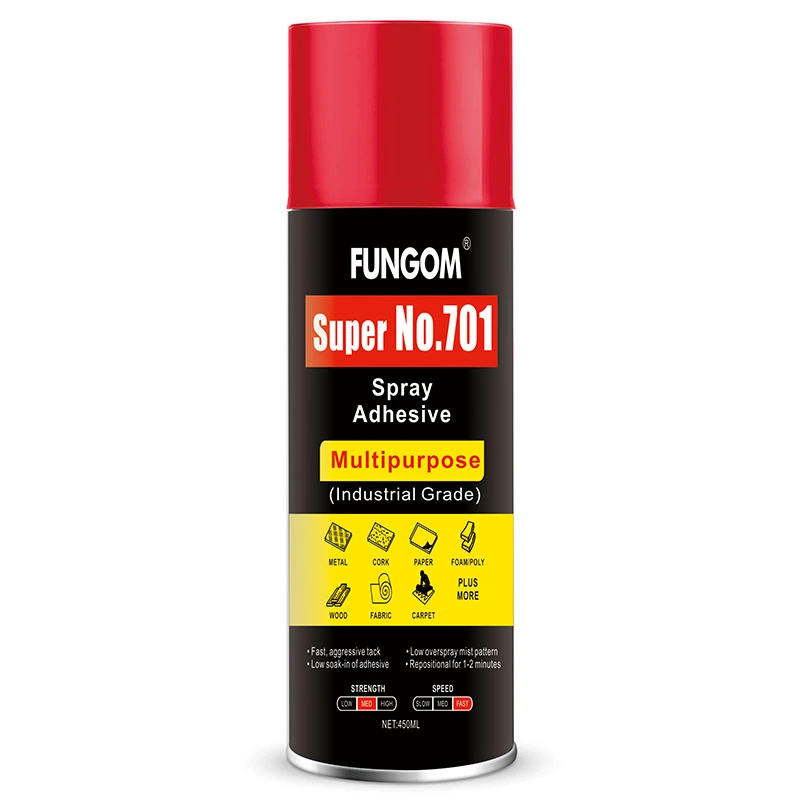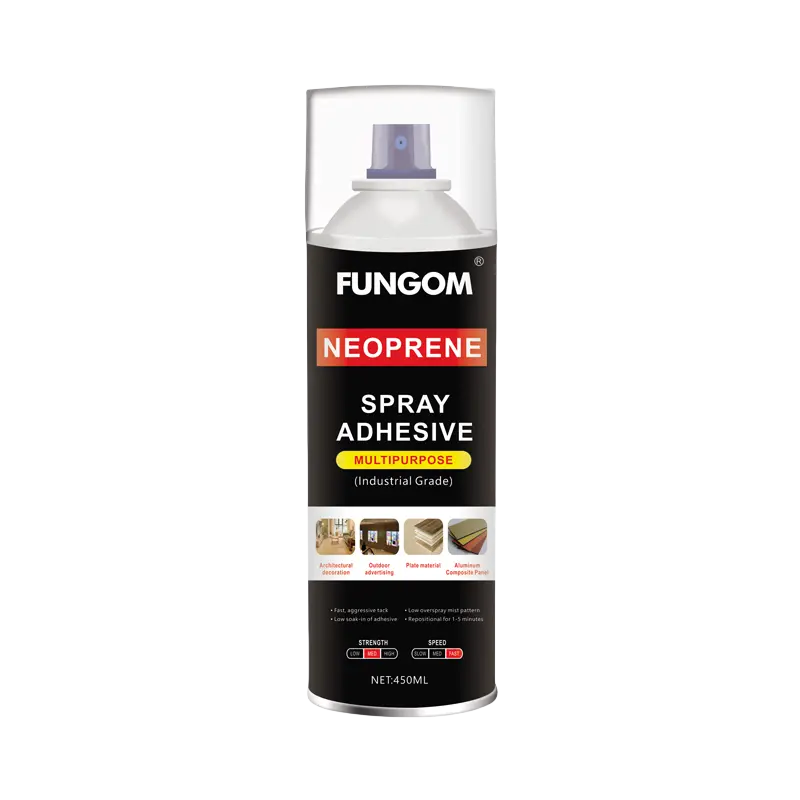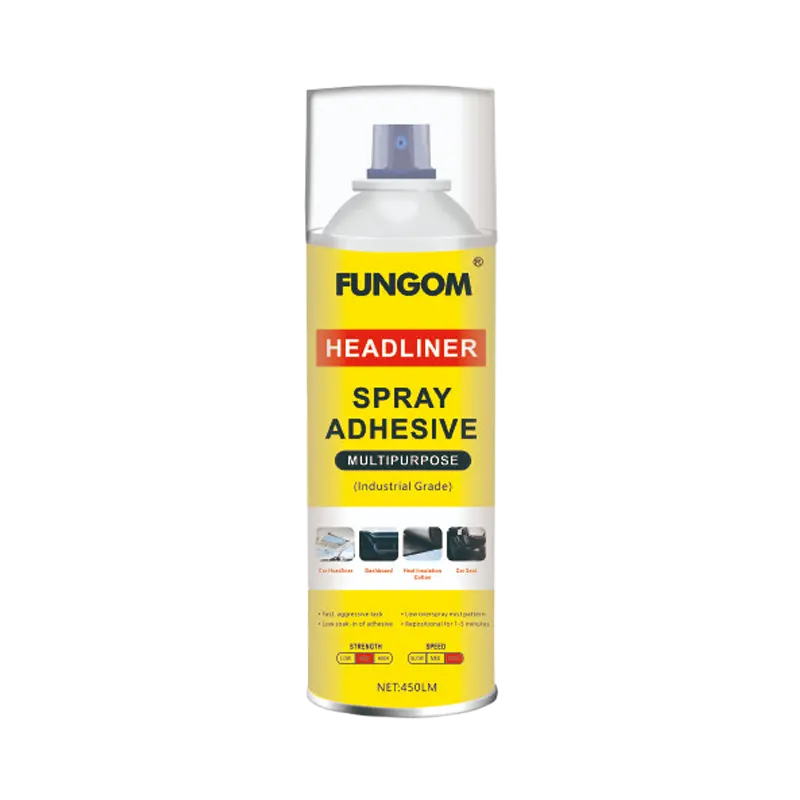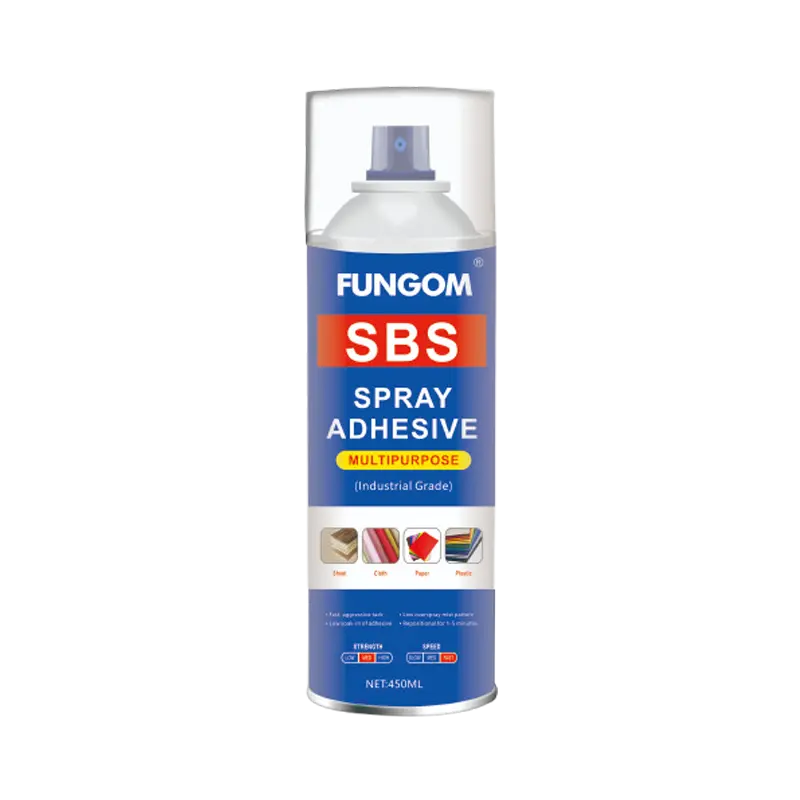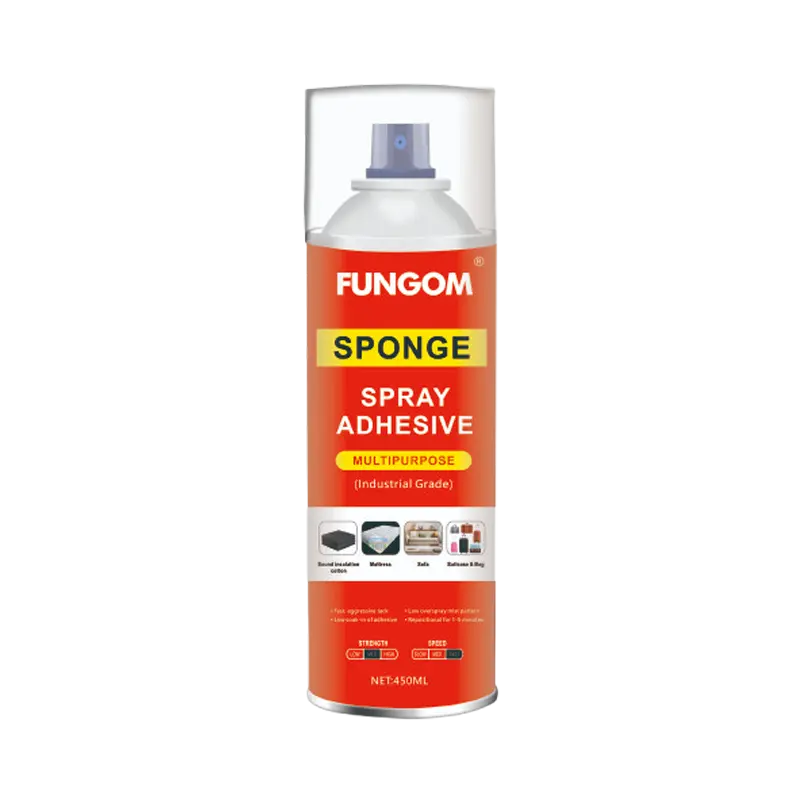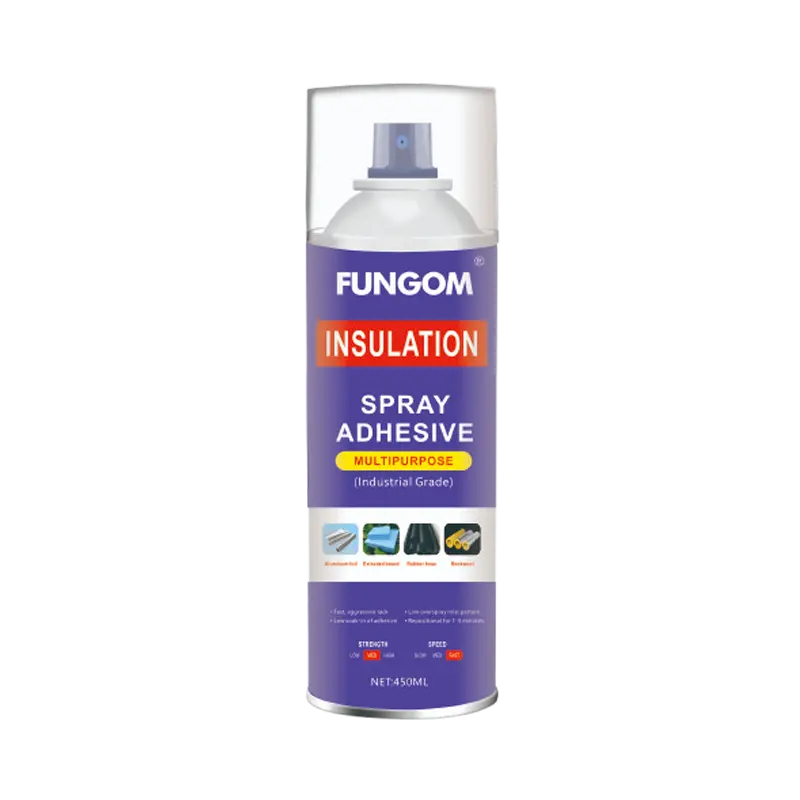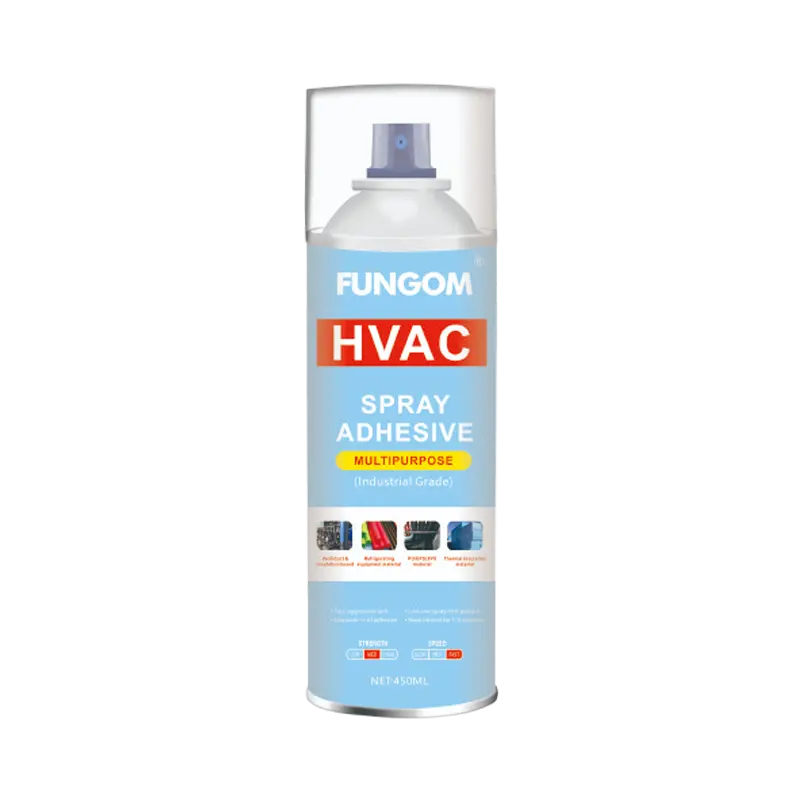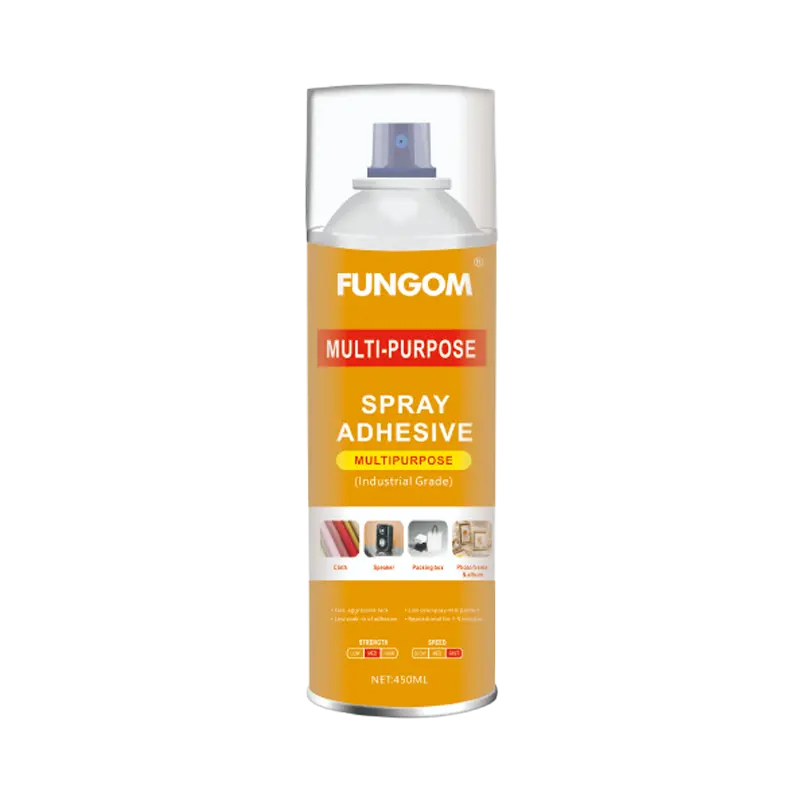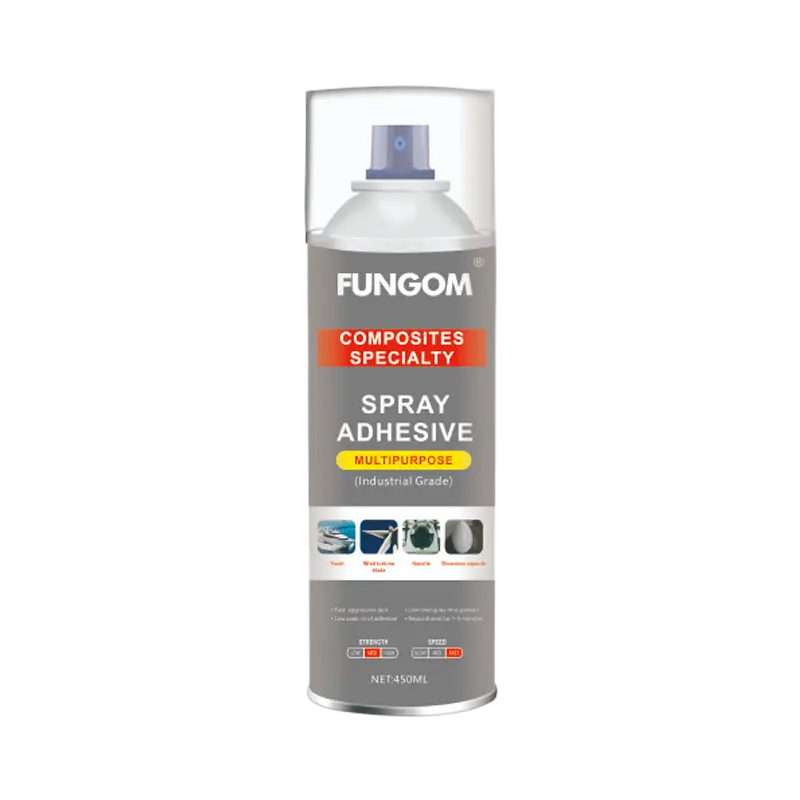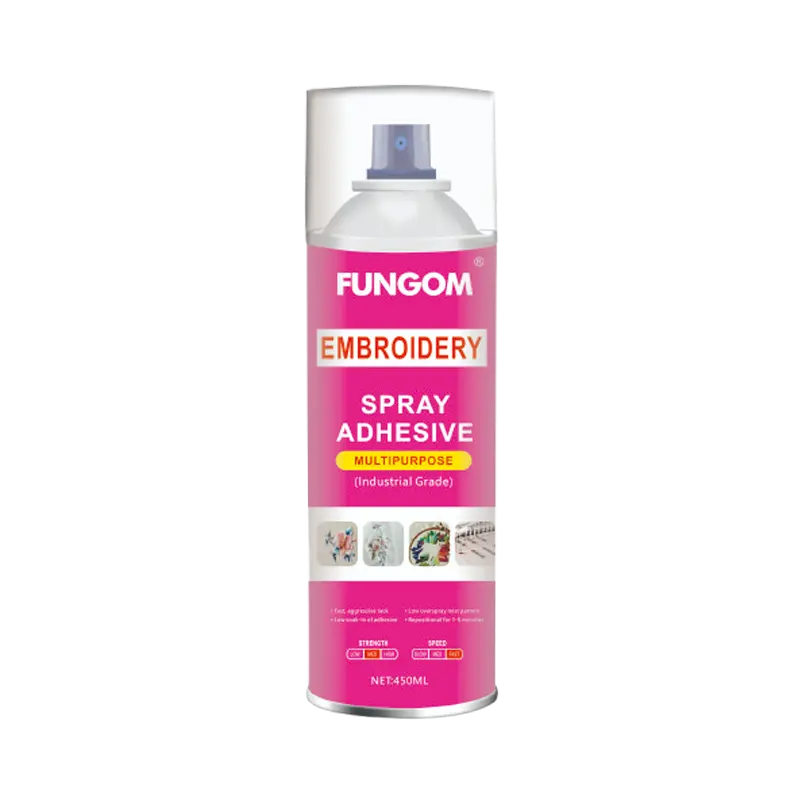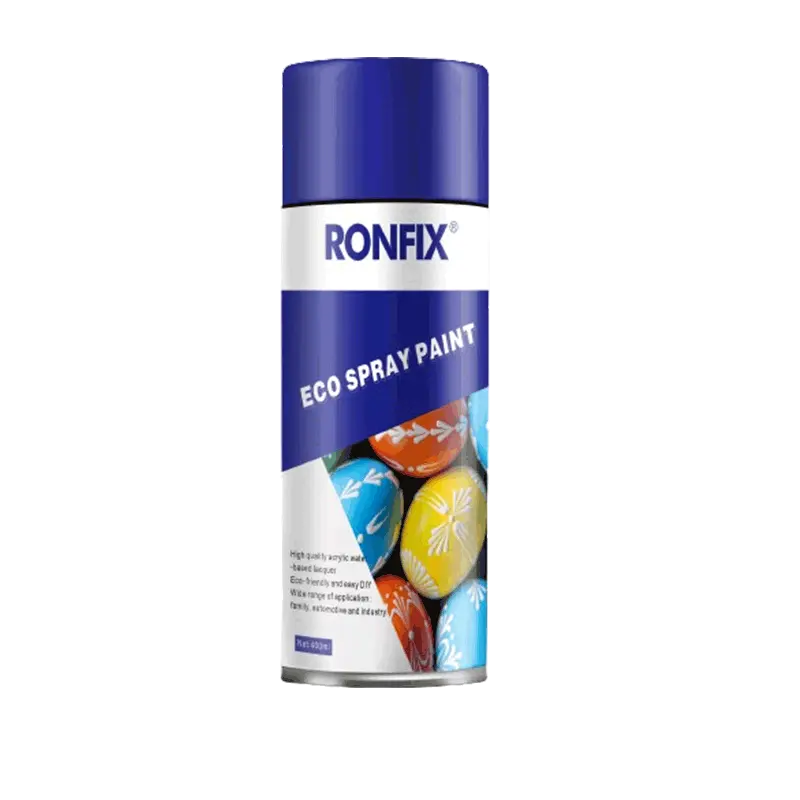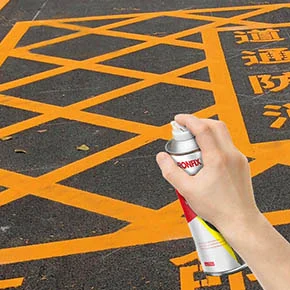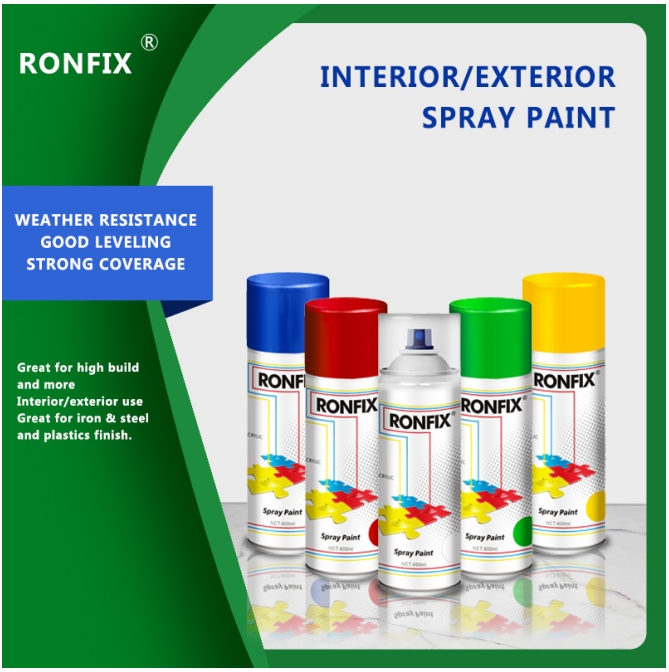
WHAT DOES SYNTHETIC, ACRYLIC AND ALKYD PAINT REALLY MEAN?
Although it is true that there is a somewhat questionable use of the expressions synthetic, acrylic and alkyd paint, below, we will resolve some doubts by shedding some light on a question that is far less complicated than it seems.
WHAT DO PEOPLE MEAN WHEN THEY TALK ABOUT SYNTHETIC PAINT?
We can say that the vast majority of paints available on the market could be considered as synthetic paints, since their range includes any paint formulated with solvent or aqueous base. In general, this nomenclature usually refers to what we know technically as alkyd paints.
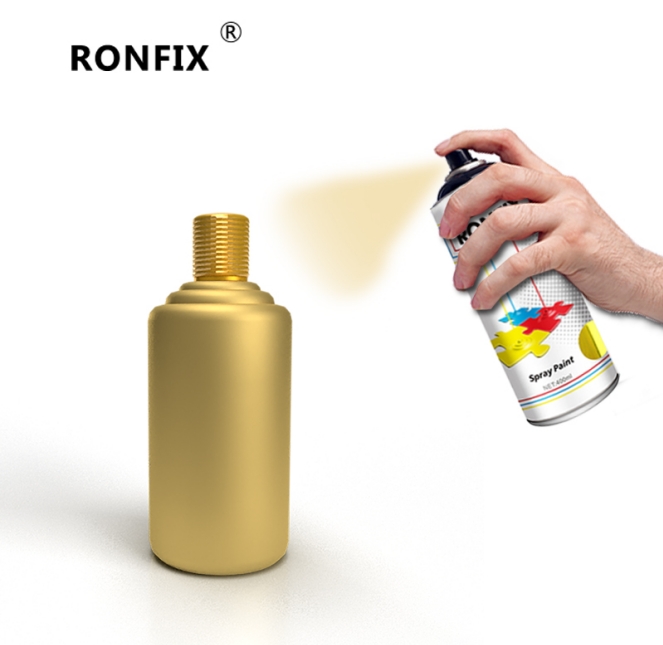
WHAT IS ALKYD PAINT?
Alkyd paints are paints formulated with alkyd resins chemically modified to improve their properties.
PROPERTIES OF ALKYD PAINT
-Higher concentration of pigments. The alkyd paint wets the pigments. This makes the colors more vivid and cover more (more opacity).
-Glossy finish
-Great chemical resistance to external factors. This type of paint shows greater resistance to weathering than other paints.
-Great flexibility, greater than other types of paint. For this reason, the alkyd paint is more all-terrain and adapts to different materials and their traction.
-It does not yellow.
DISADVANTAGES
-Long curing. The complete drying of the alkyd paint has a longer process and for this reason the repainting fans must be considered in order to avoid problems with the paint texture.
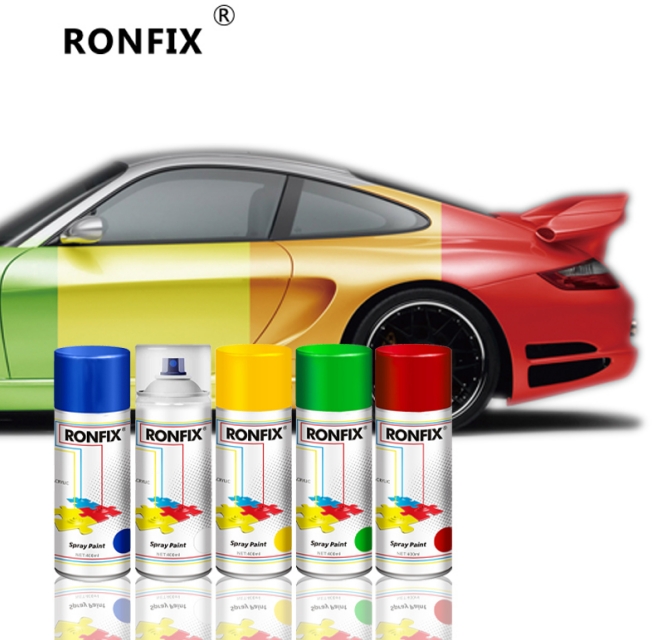
WHAT IS ACRYLIC PAINT?
Most of the paints available on the market labeled as "acrylic" could also be categorized as synthetic paints. However, we include in this classification those whose pigments have been formed by the emulsion of an acrylic polymer, i.e. a plasticized material derived from latex.
PROPERTIES OF ACRYLIC PAINTS
-Fast total drying time.
-The great advantage is that it dries naturally: it only dries by solvent evaporation, in 20 minutes its drying is complete. Therefore, there is no recoat window and it will not react to the touch after the drying time is complete. In addition, it does not usually yellow.
DISADVANTAGES
-Difficult to combine coverage and gloss.
-It accepts less pigment and loses its gloss more quickly; its chemical resistance is lower.
For a glossy finish it cannot containt much pigment, so its opacity is very slight: it covers very little.
-Less elastic, although this may vary depending on the formulation, as there are additives that can improve this aspect.
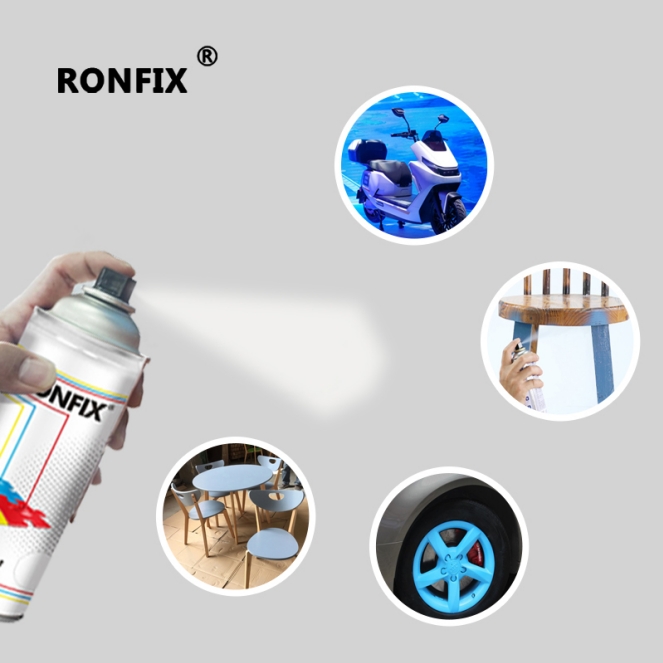
Now you know a little better what these nomenclatures mean and how they should be used. Maybe this information, explained in the simplest possible way, will help you to know exactly what type of spray paint suits your needs. At the same time, you will now be able to understand why each of them works, as well as their price.
Similar topics that may interest you:
Anti Rust Lubricant Spray Use
Difference Between Brake Cleaner and Carb Cleaner
How to Soften Hard Car Wax
How to use acrylic spray paint
Acrylic spray paint uses
What is acrylic spray paint






























